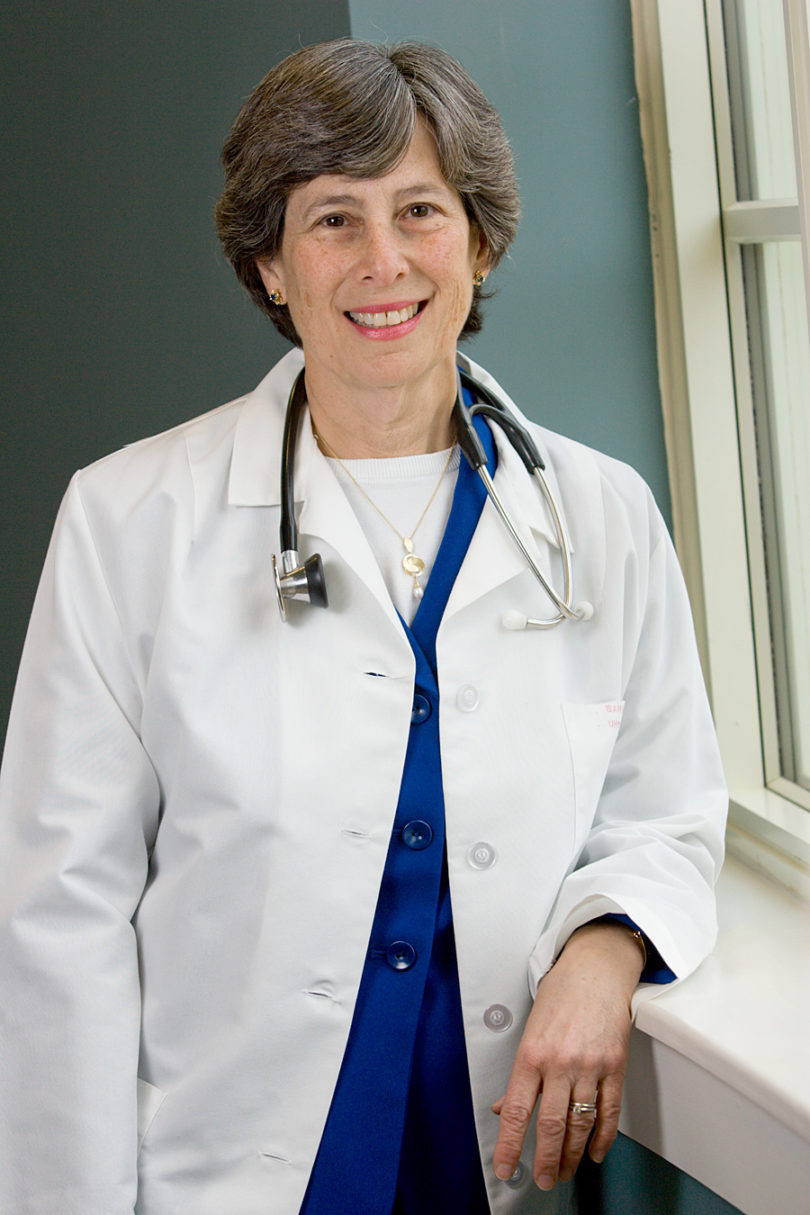Since coming to Athens late last year as the first dean of the Medical College of Georgia/University of Georgia Medical Partnership Campus, Dr. Barbara Schuster has been busy. In addition to hiring faculty for the Partnership Campus, which will enroll its first class of 40 students in fall 2010, she’s preparing for a visit later this month by the accrediting authority for MD programs. She spoke with Columns about her background and goals for medical education in Athens.
Columns: What inspired you to pursue a career in medicine?
Schuster: I’ve always enjoyed science, particularly biology, and I enjoy people. And the intersection of people and science is medicine.
Columns: How did you become involved in medical education?
Schuster: I hold a master’s degree in secondary education, which I received simultaneously with my undergraduate degree in biology, and taught high school for a year. After medical school and my medical residency, I was offered a position as an assistant program director in the residency program (at the University of Rochester), which started my formal career in medical education.
Columns: You recently spent a year as a Scholar-in-Residence at the Association of American Medical Colleges. How did that time shape your views on medical education?
Schuster: I read and reflected on Abraham Flexner’s 1910 report on the status of medical school education. We’re almost at the 100th anniversary of the report, and people are going to be talking about it…Importantly, Abraham Flexner was a progressive educator, and I think that his basic philosophies of progressive education have resonated with me.
Columns: Which of Flexner’s philosophies have influenced you the most?
Schuster: The student needs to be an active learner and not a passive learner; the student needs to learn under supervision and a student who learns under supervision is going to make far fewer errors; it’s much better for a student to learn under supervision than to go out into the practice of medicine and then attempt to do it on their own. He also talked about the need to have faculty who are what we now call clinician-educators, someone who sees patients and educates in a clinical arena and also looks at the scholarship of clinical medicine.
Columns: What are your immediate priorities as campus dean?
Schuster: My first priority is to recruit a high-quality faculty and to help complete the requirements for the Liaison Committee for Medical Education so that we can get the go-ahead to educate medical students in Athens. The next step, as Dr. Adams and Dr. Rahn said to me, is “quality class 2010.” So we need to attract quality students to Athens for the fall of 2010 and provide them with an outstanding education.
Columns: What have you enjoyed most so far in your role as campus dean?
Schuster: I’ve enjoyed meeting all the people in Athens, at MCG and at UGA, and recruiting. Recruiting faculty is hard work and takes a lot of time, but it’s fun, too.
Columns: What kind of opportunities does the Partnership Campus present for other schools and colleges at UGA?
Schuster: Bringing the Medical Partnership to a research-based institution with multiple colleges adds another area of intellectual capital and another group of colleagues to facilitate education and research.
Columns: What is your long-term vision for the Medical Partnership Campus?
Schuster: The long-term vision is to develop a campus whose graduates will be outstanding physicians for Georgia. It also will facilitate research, clinical care and education, but never forget that the number one mission is outstanding quality medical care for Georgia.





